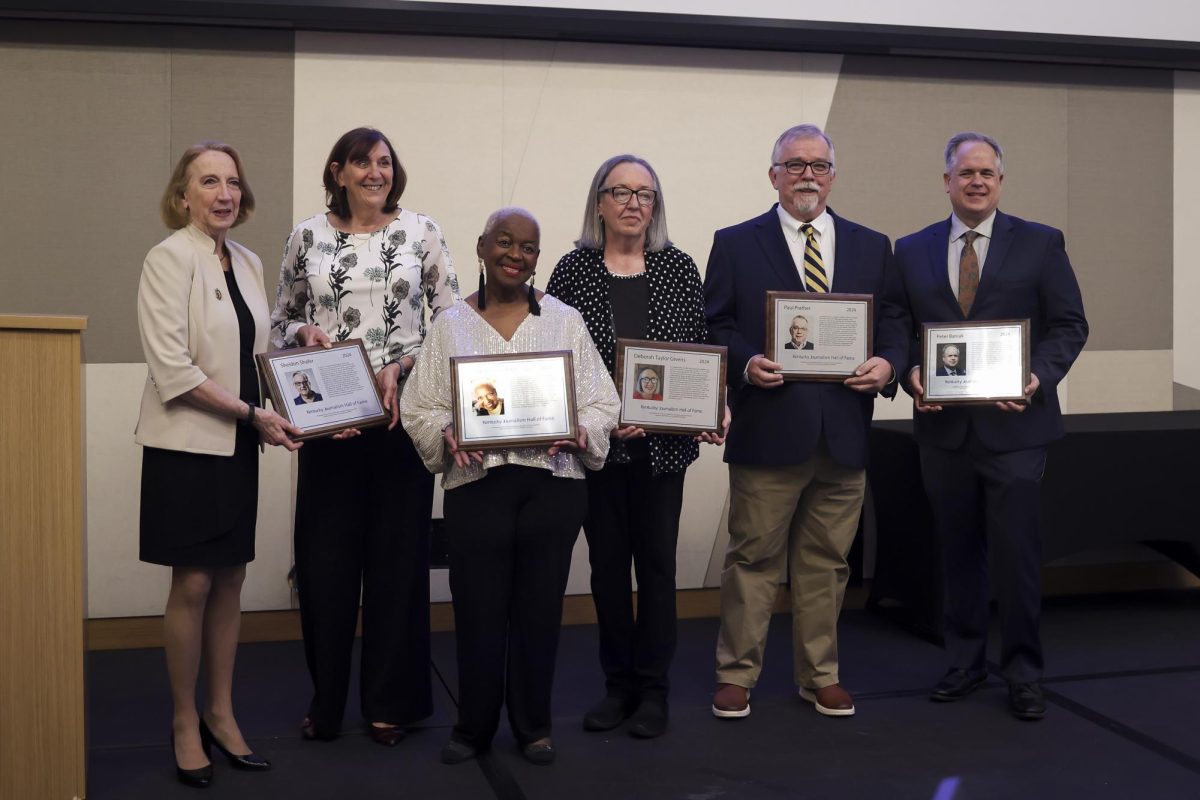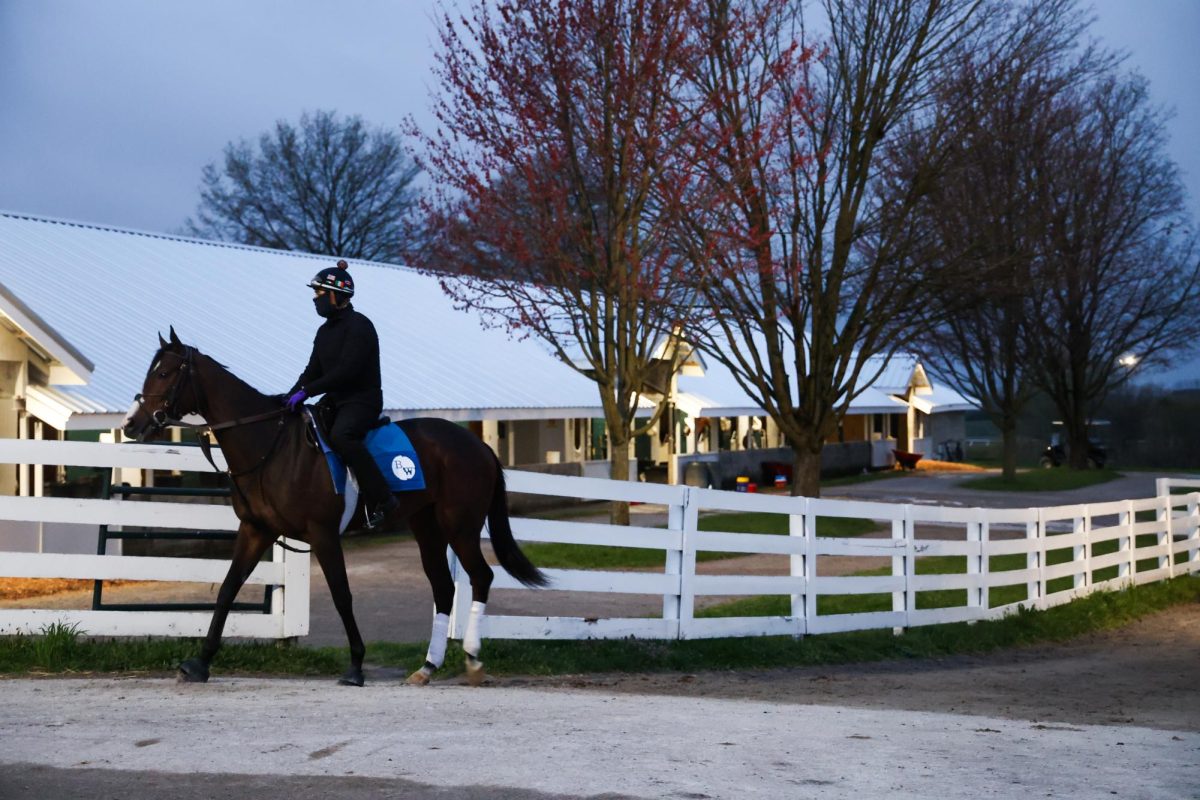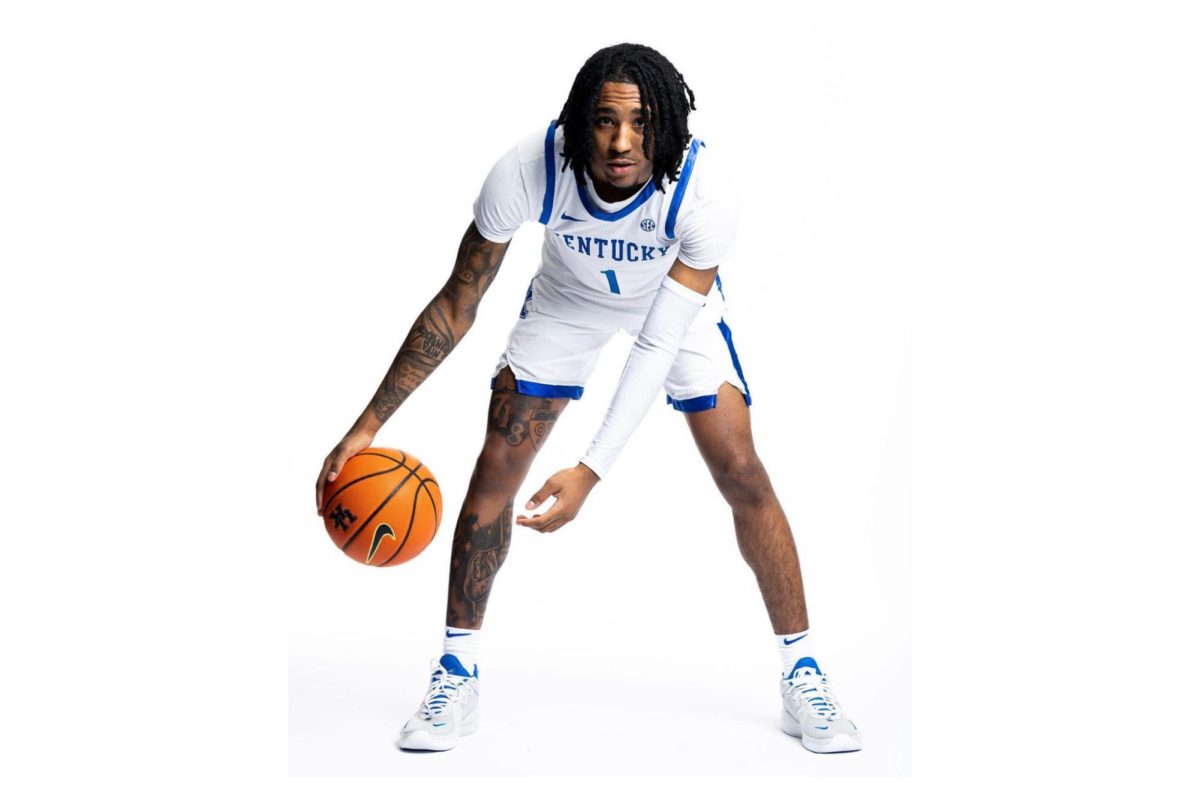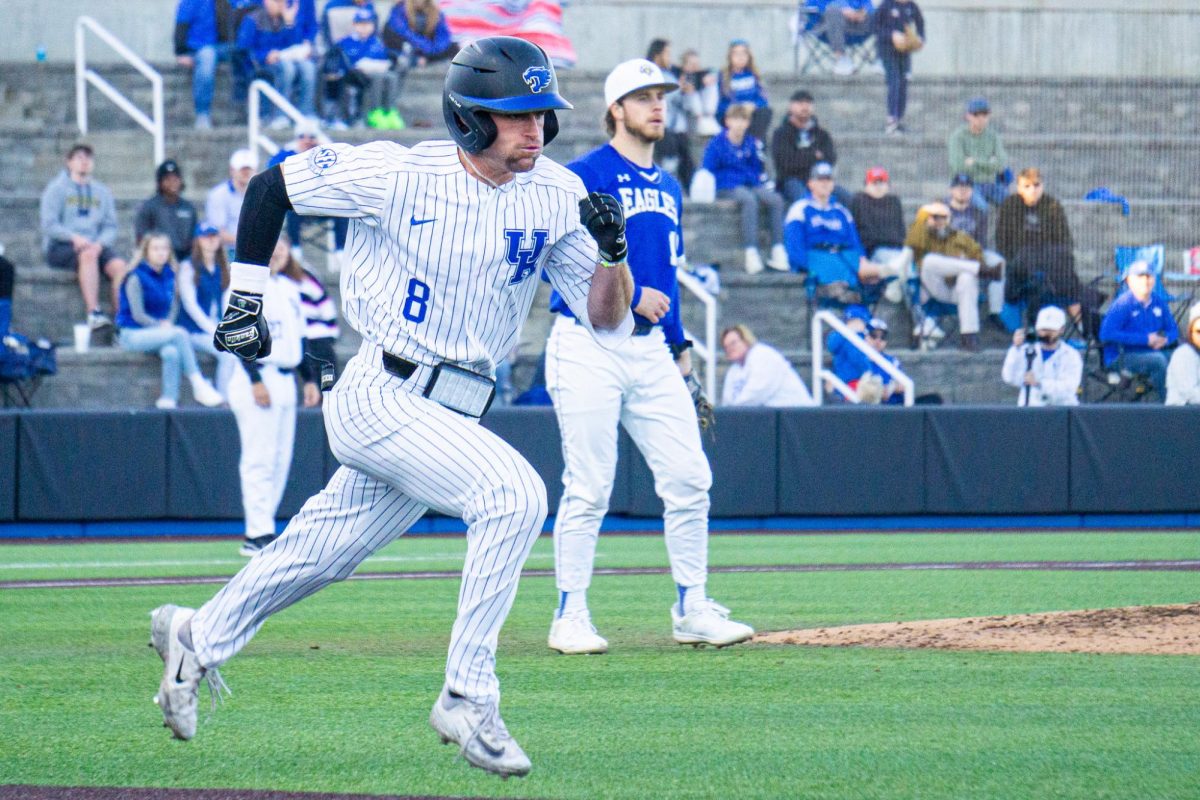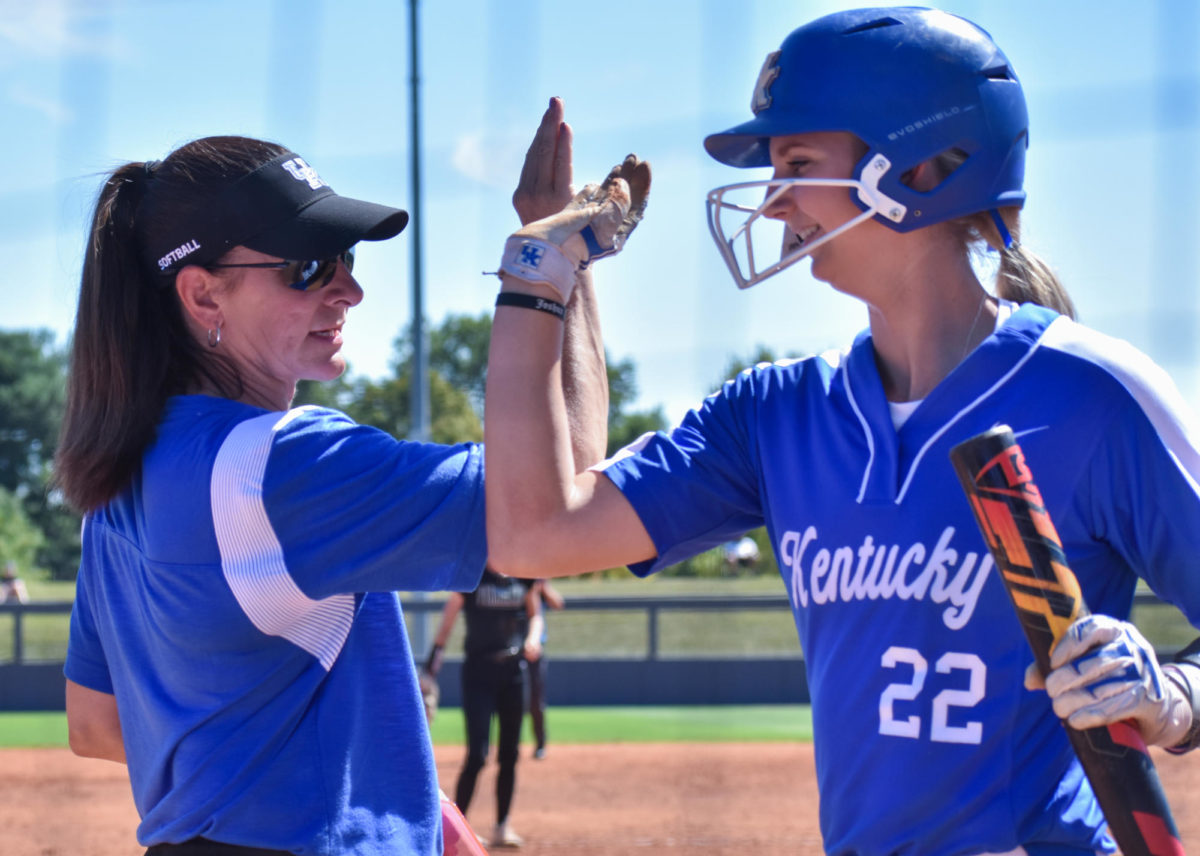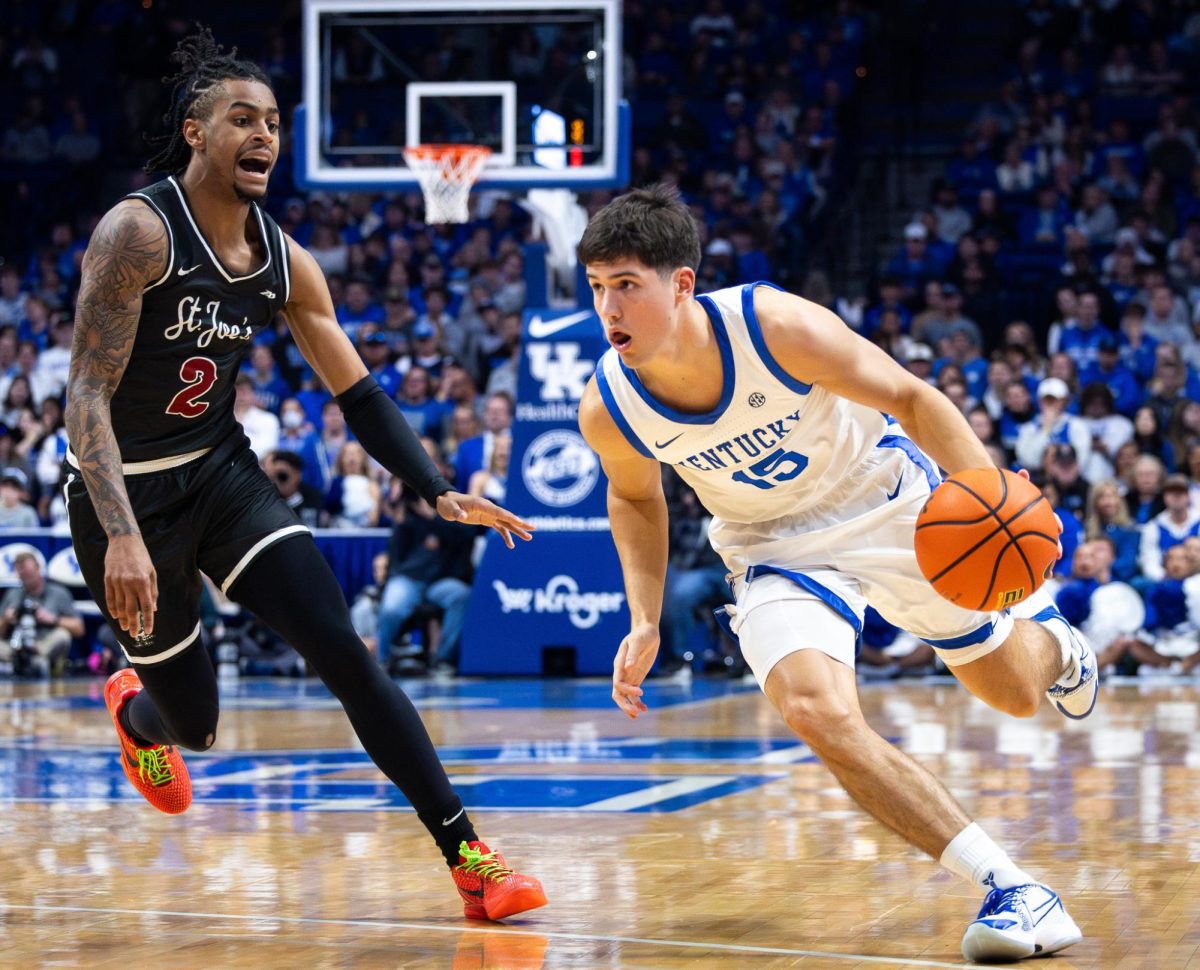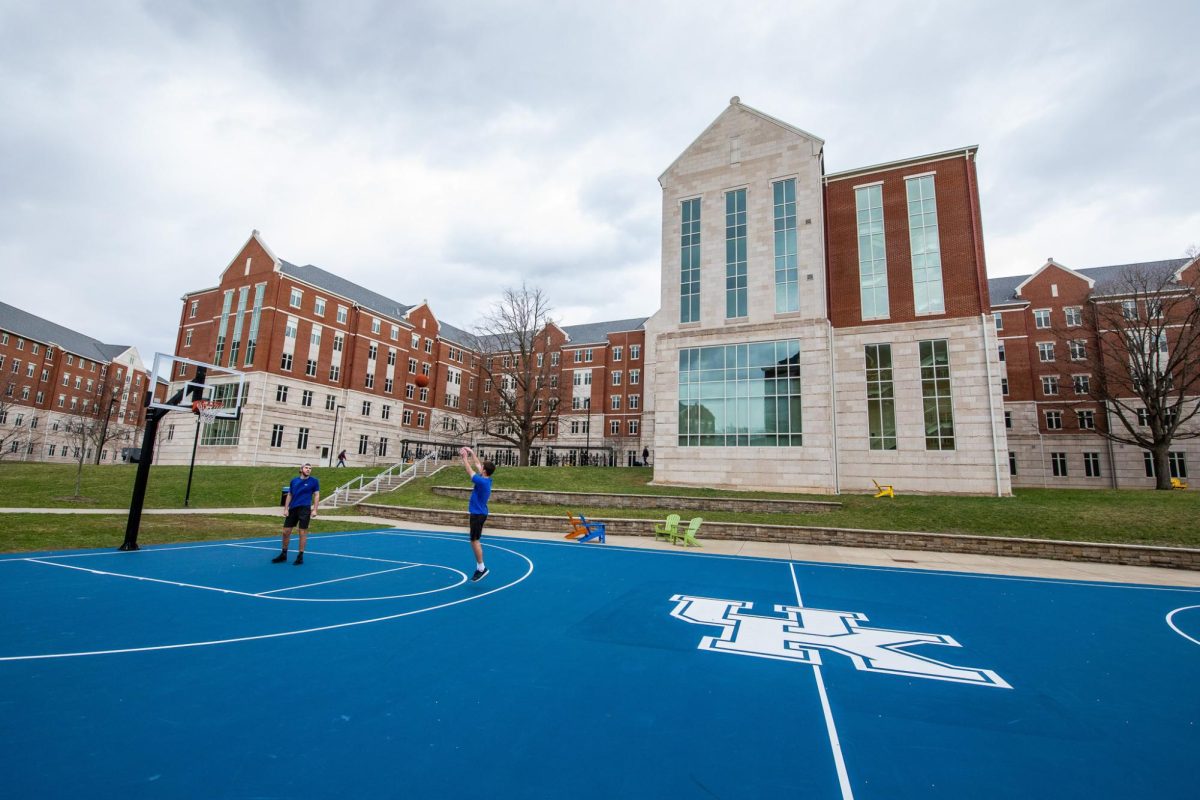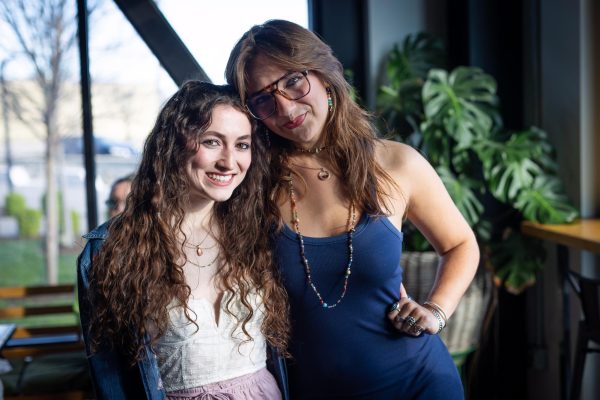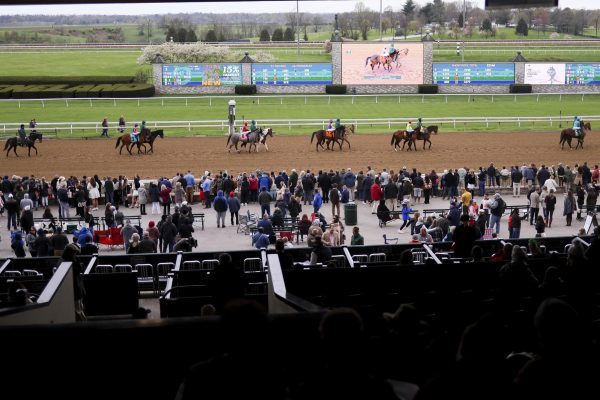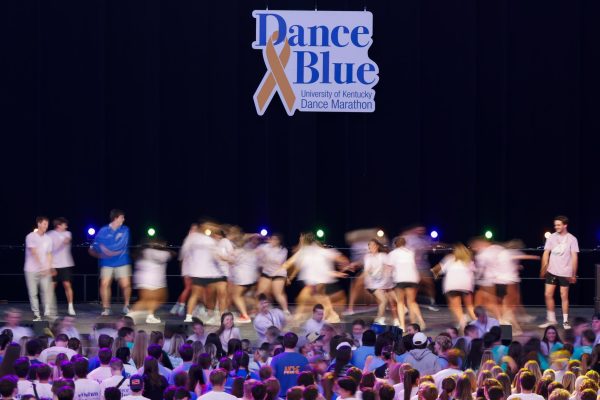AEDs available on campus
October 25, 2012
By Coria Bowen
A UK faculty member helped save a stranger’s life in a hotel while vacationing in North Carolina in 2009. As a result, more emergency awareness, as well as Automated External Defibrillator machines, have been brought to campus.
It began when UK part-time kinesiology and health promotion faculty member Vicki Sageser heard the screams of a wife whose husband had collapsed from cardiac arrest and rushed to help perform CPR.
John “Toby” Tyler, elected clerk of superior court for Bertie County, N.C., was the victim. Sageser said she performed CPR on Tyler for about 15 minutes until EMTs came and continued CPR. About five minutes later, paramedics arrived with an AED machine, which ultimately revived Tyler’s heart.
Sageser said CPR alone only keeps oxygen flowing through a person’s body but does not restart the heart. An AED machine however, can revitalize the heart.
“It is a machine that can deliver electrical shock to someone in cardiac arrest and possibly put their heart back into a normal rhythm that could sustain their life,” Sageser said.
She also said every minute CPR is performed and an AED machine is not present, it reduces a person’s survival by 10 percent.
Since his recovery, Tyler visited Sageser’s students to tell his story and to express the importance of everyday people being certified in CPR and trained to use AEDs.
He also donated money to help Sageser purchase AEDs to put on campus.
“She (Sageser) said how there were no AED devices where she teaches,” Tyler said. “So, I was happy to donate some money.”
Because of Tyler’s donation, as well as the donation of another, UK now has three AED machines. One is located in the main lobby of the Taylor Education building, and two are located in Dicky Hall. One is in the main lobby of Dicky Hall and the other is on the second floor by the elevators.
Sageser said she has trained 20-23 people who frequent both buildings to use the AED machines.
In order to be trained in using AEDs, students must be certified in CPR first.
UK students can register to take a responding to emergencies course, KHP 190. The course is a curriculum on the body that allows students to be certified in CPR, as well as trained to use AEDs and much more.
“We train in responding to every emergency and not just cardiac arrest,” Sageser said.
UK marketing freshman, Mandees Moazampour, said she has never heard of an AED machine before.
“It’s definitely interesting,” Moazampour said. “I definitely think more people should know about them.”
The Bluegrass Chapter of the American Red Cross is also helping to get more AED machines in many public places around Lexington, said Winn Stephens, the director of development.
They are doing this by talking with businesses about purchasing AEDs and setting up trainings for their employees.
Stephens said that Kentucky has one of the higher rates of heart disease.
“It’s about a 25 percent chance that everyone would need to know CPR,” Stephens said. “But in Kentucky, where the national heart disease rate is higher, more people need to know it.”
Stephens said his CPR training also gave him the skills he needed to recently perform the Heimlich Maneuver on someone who was choking at a cocktail party he attended.
The Red Cross offers classes and trainings on CPR and AEDs, as well as various online trainings which can all be found at redcross.org.
Tyler said that he encouraged his small community in North Carolina to purchase an AED and get training.
“Whenever we have a big gathering, we take the AED where the crowd is,” Tyler said.
Both Sageser and Tyler believe CPR certification and AED training can really impact a life.
“I’m the most fortunate human being that you’ll ever hear about,” Tyler said. “I’m 67 now, I’ve got three grandchildren and without Vicki I would not have seen that third one be born.”



